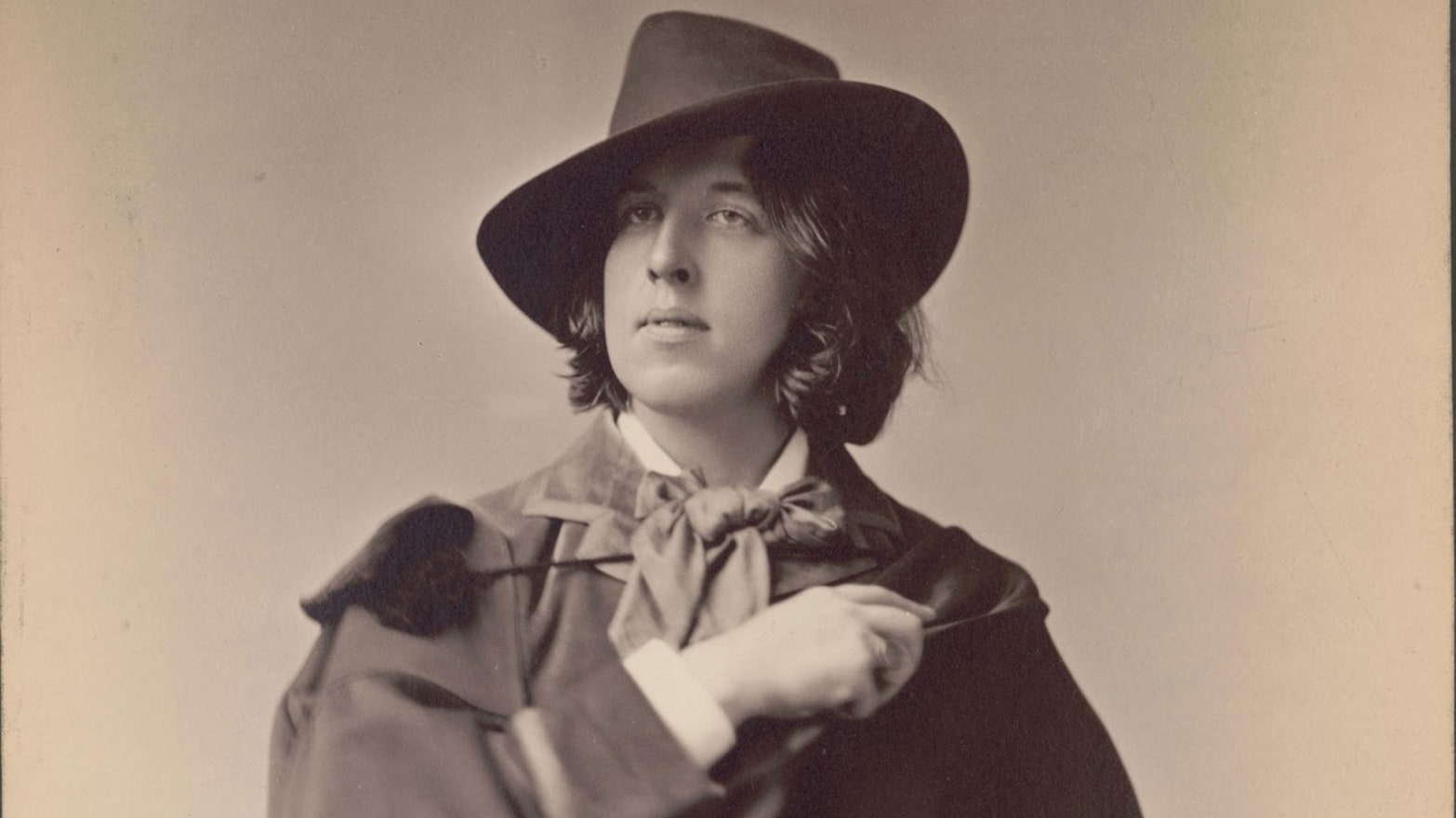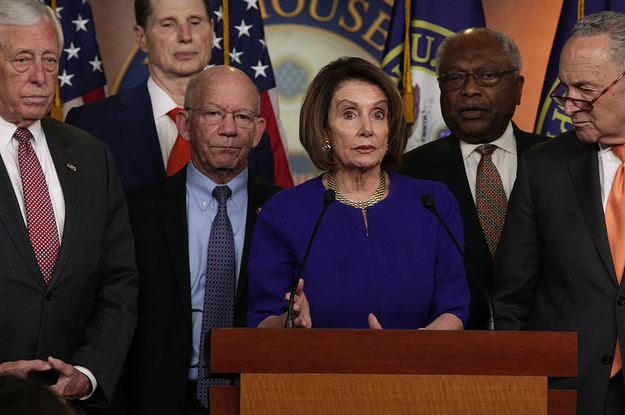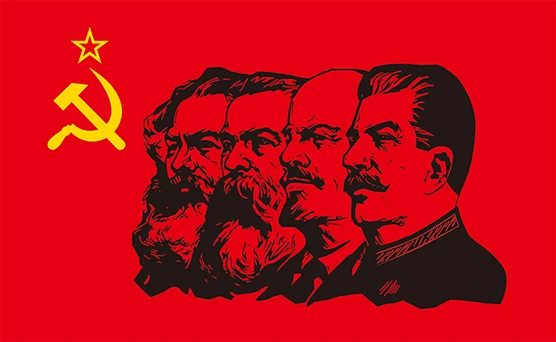A Not-So-Distant Mirror
Remembering Reagan in the Age of Trump
By Bruce Bawer
May 24, 2019

If I can understand to any extent at all why millions of Americans today harbor an irrational hatred for Donald Trump, it’s because I, too, at one time, bought into the media’s systematic misrepresentations of a first-rate president. In my case, the president was Ronald Reagan, the subject of Larry Schweikart’s magnificent new biography, Reagan: The American President. Yes, I voted for Reagan in 1980, after having cast my first presidential ballot ever for Gerald Ford in 1976, but I wasn’t giving either of them a thumbs-up so much as I was expressing my abhorrence of Jimmy Carter, whose sanctimony, smugness, and self-satisfaction turned me off from the moment I first got a look at him and whose execrable performance, once he took office, made it urgent to get him out of there after one term and let him get started on his real life’s work – that of being, as Schweikart puts it, the nation’s “Moralist in Chief.”
But, no, I wasn’t a Reagan fan. Why? Simple. I was a naïve kid who read the New York Times front to back every morning, watched the network news religiously, and believed every word spat out by these oracles, having swallowed the Watergate-era myth that journalists were noble, truth-loving souls. I even made my own contribution to the anti-Reagan propaganda, writing an opinion piece for Newsweek in which I, a snot-nosed grad student, sneered at length about his supposed simplemindedness. It would take years before I grasped the extent to which I’d been brainwashed and, in my Newsweek diatribe, had only been regurgitating lies.
Some of Reagan’s biographers, too, have echoed the mendacious line taken by the mainstream media during his political career. The worst of these, Edmund Morris, who was designated by Reagan as his official biographer and given unprecedented access, spent fourteen years on the project only to publish, in 1999, a bizarre volume that mixed fact, willy-nilly, with fiction. Morris excused this irresponsible approach – a total betrayal of their agreement – by saying that Reagan had turned out to be at once weird and boring and, even after all their time together, remained a total mystery to him, thus obliging him to make stuff up. My own impression was that Morris’s exposure to Reagan revealed to him a man who, at once good and great, defied everything that the cultural establishment said about him, and whom Morris, a Pulitzer Prize-winner, dared not write about honestly for fear of being accused by his confrères of hagiography.
As fate would have it, two years after Morris’s worthless tome came Reagan: In His Own Hand, a compendious collection of radio talks written by Reagan during the period between his years in Sacramento and his years in Washington. These scripts, which covered almost every imaginable topic, displayed a thorough grasp of the issues and an impressive writing talent, and blasted to bits the image of him as a lazy dolt. Now, in Schweikart’s biography – the first to be based primarily on the Reagan archives – we finally have a solid life by a professional historian who, gratifyingly, rejects the decades of fraudulent spin and seeks earnestly to capture the real Reagan.
And what to say about the real Reagan, as portrayed in these pages? First of all, he was, as his strongest supporters always recognized, a decent man. His mother instilled in him “an abiding belief in the triumph of good over evil.” When, after college, he began a career as a radio announcer, he sent ten percent of his salary to his older brother, Neil, who was still a student. When Reagan screen tested in 1937 for Warner Brothers, the studio bosses weren’t sure about his acting, but they put him under contract anyway because they were so taken by his “wholesomeness.” When, a couple of months into his presidency, he was shot by John Hinckley, he found, on the way to the hospital, that he couldn’t bring himself to ask God for help “while at the same time I felt hatred for the mixed up young man who shot me,” and so he “prayed for Hinckley’s soul.”
The downside of this goodness was that Reagan, while no fool, was, like Anne Frank, ingenuous enough to believe that most people were essentially good. As Schweikart observes, his sunny view of humanity led to an “idealistic view that the US government was more or less pristine”; while he criticized faceless “bureaucracy” and “big government,” he was reluctant to confront the reality of “human corruption, lust for power, and petty jealousy,” not least in the inside-the-Beltway purlieus that we now, quite rightly, call “the Swamp.” As president, writes Schweikart, “Reagan all too frequently believed the liberals would in the end ‘play fair’ and let their humanity surface. One of the great ironies of Reagan’s presidency was that he had more success appealing to that human quality with the Soviets than he did with his Democrat opponents.” Brilliant point.
Reagan’s interest in politics took off during his Hollywood years, when he was president of the Screen Actors Guild and a member of something called the Hollywood Independent Citizens Committee of the Arts, Sciences, and Professions. Writing in Early Reagan (1986) about these groups, Anne Edwards bought into the left’s romantic myth about the blacklist, maintaining that Reagan was a traitor to his friends because he fought the attempt by CPUSA members – actual Kremlin tools, and bona fide traitors – to take over these organizations. Schweikart, by contrast, provides a frank account of Tinseltown politics at a time when New Deal liberals like Reagan and another gutsy anti-Communist, Olivia de Havilland, were denounced by fellow actors as “fascists” and “capitalist scum.”
When Reagan’s film career waned, he found success in the new medium of television, serving as host of the anthology series General Electric Theater. As part of his deal (the biggest yet for a TV performer) he delivered talks at GE plants, where he revealed and honed a very particular set of skills that, it turned out, outshone his not inconsiderable acting talent – among them an ability to connect naturally with the common man and woman, to convey a genuine interest in their lives and concerns, and to communicate complex social and economic ideas largely by means of easily comprehensible anecdotes and jokes. Far from being a simpleton who, once in the White House, took direction from his cabinet, aides, and speechwriters, Reagan was, by his GE days, fully formed ideologically and very much his own man – one who’d concluded that appeasing the Soviet Union amounted to telling captive peoples to relinquish “hopes of freedom because we’ve decided to get along with your slave masters,” and who, having read the works of von Mises, Hazlitt, Hayek, and Bastiat, understood the vital importance of the free market.
Before long, national political figures got wind of Reagan’s rhetorical prowess. The result was “A Time for Choosing,” a speech he gave in support of Barry Goldwater’s 1964 presidential run. An instant classic, It marked the formal start of a political career during which Reagan, like Goldwater, would, because he preferred constitutional principles to social engineering, be repeatedly branded as a right-wing radical – often by people who were so lacking in a moral compass that they saw no ethical difference between the US and USSR. From the outset, moreover, Reagan’s opponents treated him as a genial boob. Thus Gerald Ford – a genuine mediocrity, party hack, and veteran D.C. drone who is best remembered, by me anyway, for denying in a debate that Poland was a Soviet satellite – at first responded to Reagan’s 1976 primary challenge by saying that he couldn’t take the ex-actor seriously. Sen. Jacob Javits (R-NY) called Reagan “extreme”; the now-forgotten Sen. Charles Percy (R-IL) predicted that a Reagan nomination would result in “crushing defeat.”
These are, of course, the same kinds of things said about Trump in 2016. But one difference is that the media, dishonest as they were, weren’t quite as bad then as they are now. It’s stunning to learn that after Reagan left Sacramento, Walter Cronkite offered him a twice-weekly five-minute slot on CBS to voice his views; later, under Carter, the same network gave Reagan free airtime to respond to a presidential speech on the Panama Canal, “something,” Schweikart rightly observes, ”that today would be unheard of.” As Schweikart sums it up: “Reagan in 1981 had a monumental edge that Donald Trump would not have in a similar situation thirty-five years later: while the media was overwhelmingly liberal and oppositional, it still played the game by the basic rules of journalism (or, at least, tried to appear to play by such rules).”
As this book counts down the years to Reagan’s presidency, it also gives us glimpses of the administrations he’s living through – of LBJ’s Great Society, which boosted welfare dependency and undermined the black family; of Nixon’s opening to the Kremlin, about which Brezhnev bragged in 1973: “We are achieving with détente what our predecessors have been unable to achieve using the mailed fist”; and of Ford, who, scared of offending Brehnev, refused to meet with Aleksandr Solzhenitsyn, leading Reagan (who generally eschewed even the mildest profanity) to refer to him as a “goddamned horse’s ass.” Then there’s Carter, who gets a whole chapter to himself – a delicious indictment of “the first president in American history to blame the American people themselves for whatever problems they faced.” Not only did Carter, in his inaugural address, congratulate Americans for shaking off their “inordinate fear of communism” (this, Schweikart points out, “at the very time the Soviet empire was expanding”); his Secretary of State, Cyrus Vance, actually bragged to Time that Carter and Brezhnev had “similar dreams and aspirations about the most fundamental issues.” In any event, it was the accumulated social and economic consequences of these predecessors’ policy blunders, capped off by Carter’s utter incompetence and passivity, that delivered the White House to Reagan – a beneficiary, as Schweikart puts it, of the same “populist boil against the ‘Establishment’” that would later lead Trump to victory.
The climax of this book, needless to say, is the account of Reagan’s two terms in office. Schweikart doesn’t ignore Iran Contra, the bombing of the Marines barracks in Beirut, or other dark chapters, but he recognizes that the heart of this story is the fact, that despite his illusions about human goodness, Reagan grasped the evil of Communism and the vital importance of individual liberty and free markets. Unlike such big-name economists as Lester Thurow and Paul Samuelson (the latter of whom pronounced in 1976 that “it is a vulgar mistake to think that most people in Eastern Europe are miserable”), Reagan – who, as president, spent weekends devouring mountains of raw intelligence on the Soviet economy – foresaw the Iron Curtain’s fall. And he know how to hasten that fall: George Shultz, his Secretary of State, would later testify that Reagan, in his dealings with Gorbachev, “combined a negotiator’s instinct and common sense with tough views and staying power”; Helmut Schmidt, the German chancellor, “found in 1981 that Reagan understood arms control perfectly, and better than any of his predecessors.” Yet even Schmidt considered Reagan’s hope of a Soviet collapse unrealistic, while reporter Lou Cannon, who would publish the condescending President Reagan: The Role of a Lifetime in 1991, maintained that Reagan was near-delusional to describe the USSR of the 1980s as brutal and in crisis. And pretty much everybody in Washington agree with Reagan adviser David Gergen that it was “outrageous” for Reagan, in a March 8, 1983, speech, to call the USSR an “Evil Empire” (a phrase he famously kept re-inserting into his text after his aides removed it).
But here’s the thing: Soviet officials would later admit he was right: they had been running an evil empire. Know-it-alls in the U.S. thought Reagan’s rhetoric threatened to “destabilize” U.S.-USSR relations (“stability” being, then and now, the Deep State’s top desideratum); but in fact that very rhetoric shook Soviet elites’ self-esteem to the core. Similarly, the U.S. media mocked Reagan’s Strategic Defense Initiative, which they nicknamed Star Wars – but it, too, unsettled the Soviets. So did the decisiveness with which he fired America’s striking air-traffic controllers in 1981 and responded to the 1983 Cuban invasion of Grenada. Schweikart quotes an internal Soviet document which acknowledged that Reagan had “restored Americas belief that it is capable of achieving a lot” and that he was “giving America what it has been yearning for. Optimism. Self-belief. Heroes.” How interesting that the Kremlin had his measure then – and feared and respected him accordingly – whereas many on the American left, even now, continue to dismiss him. For so effectively setting the record straight, and for giving Reagan the credit he deserves for setting aright the American Ship of State, Larry Schweikart deserves our immense gratitude.
[Order Larry Schweikart’s Reagan: The American President.]
Bruce Bawer is the author of “While Europe Slept,” “Surrender,” "The Victims' Revolution," and "The Alhambra." "Islam," a collection of his essays on Islam, has just been published.



